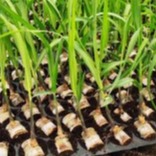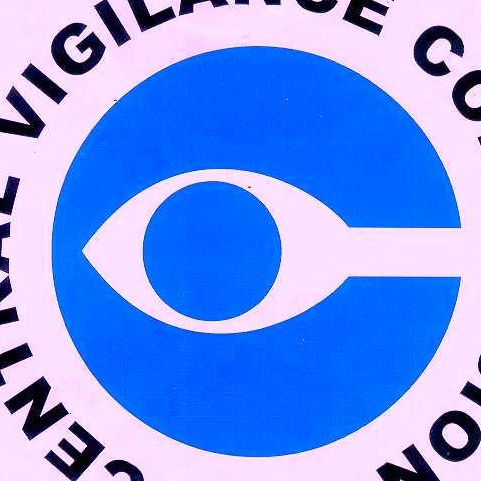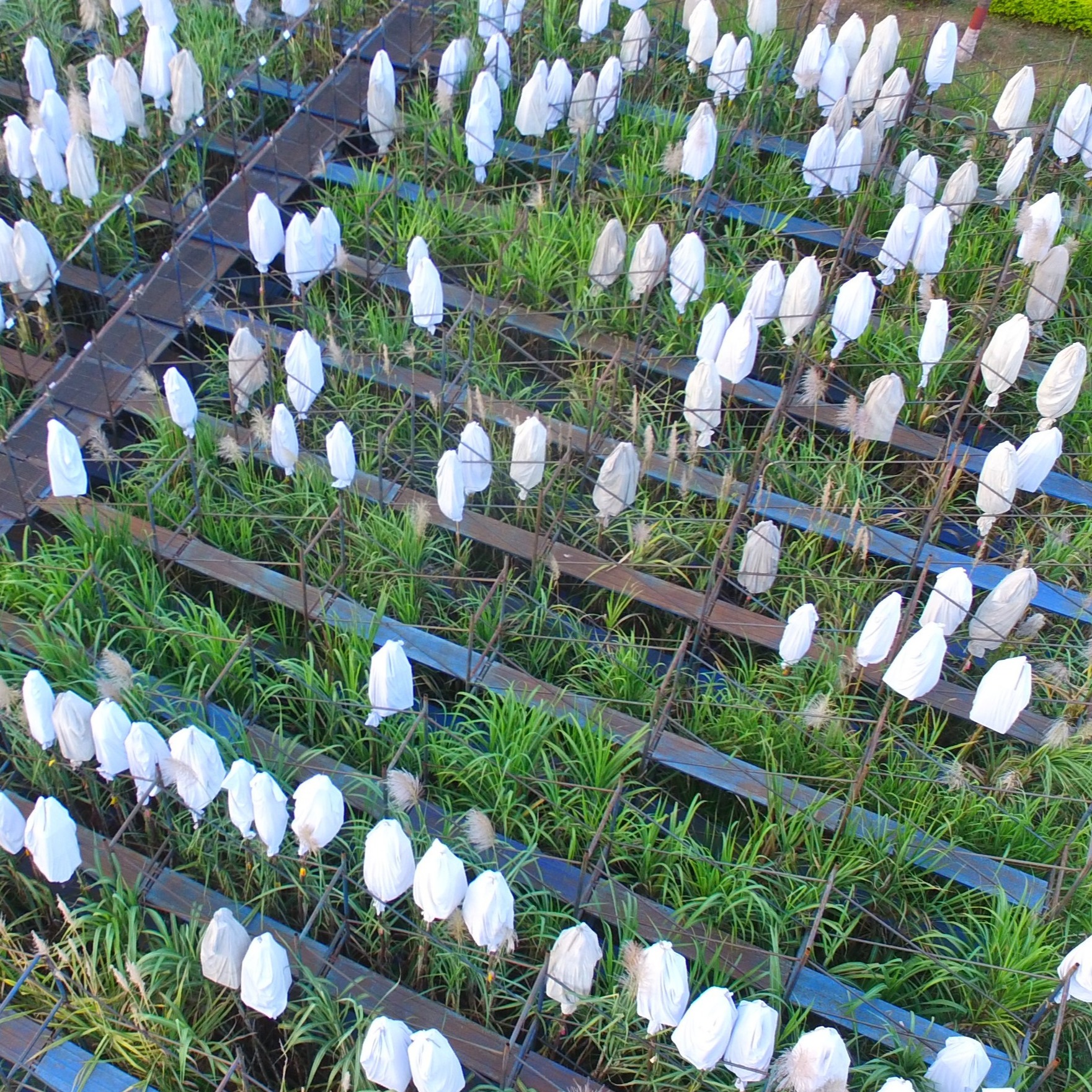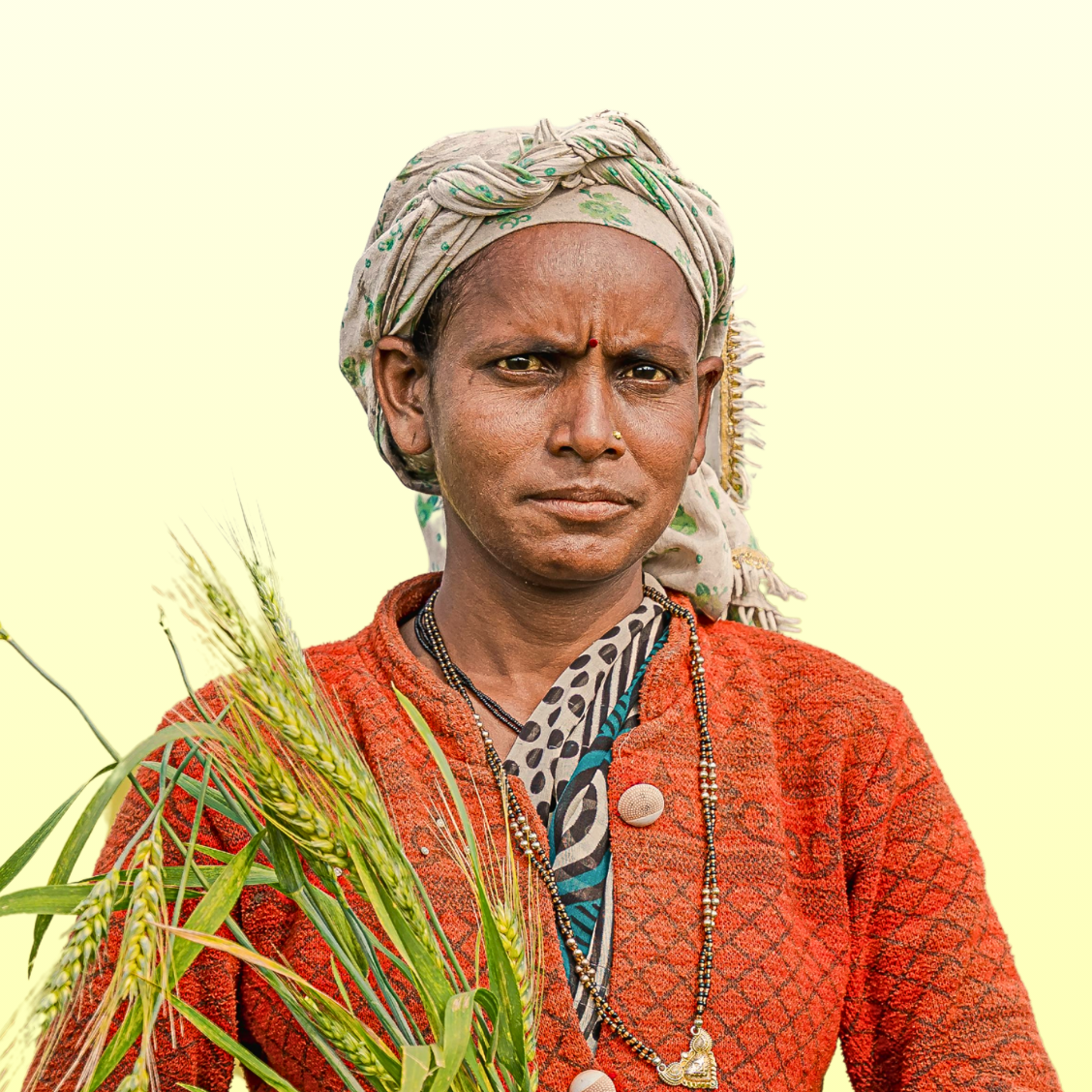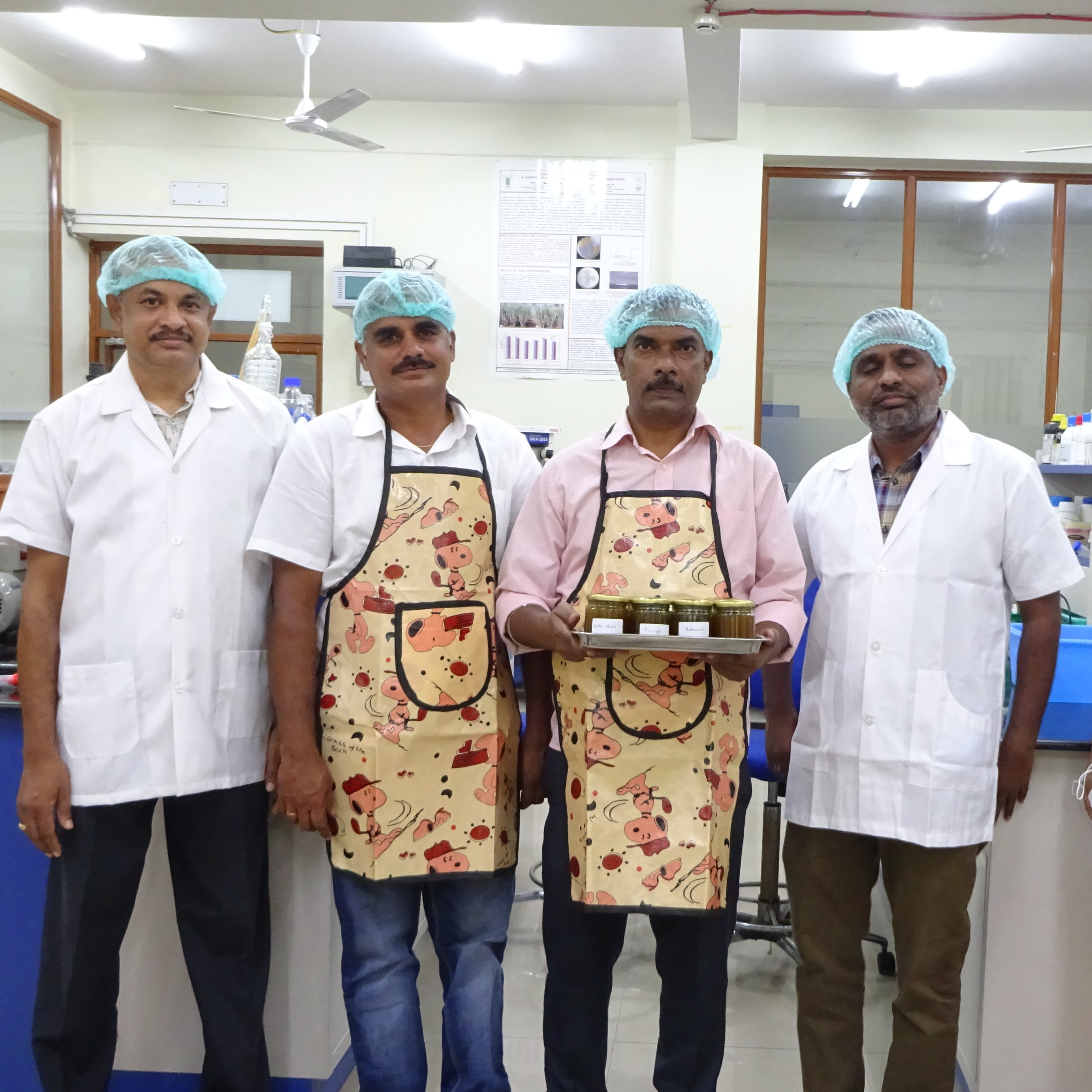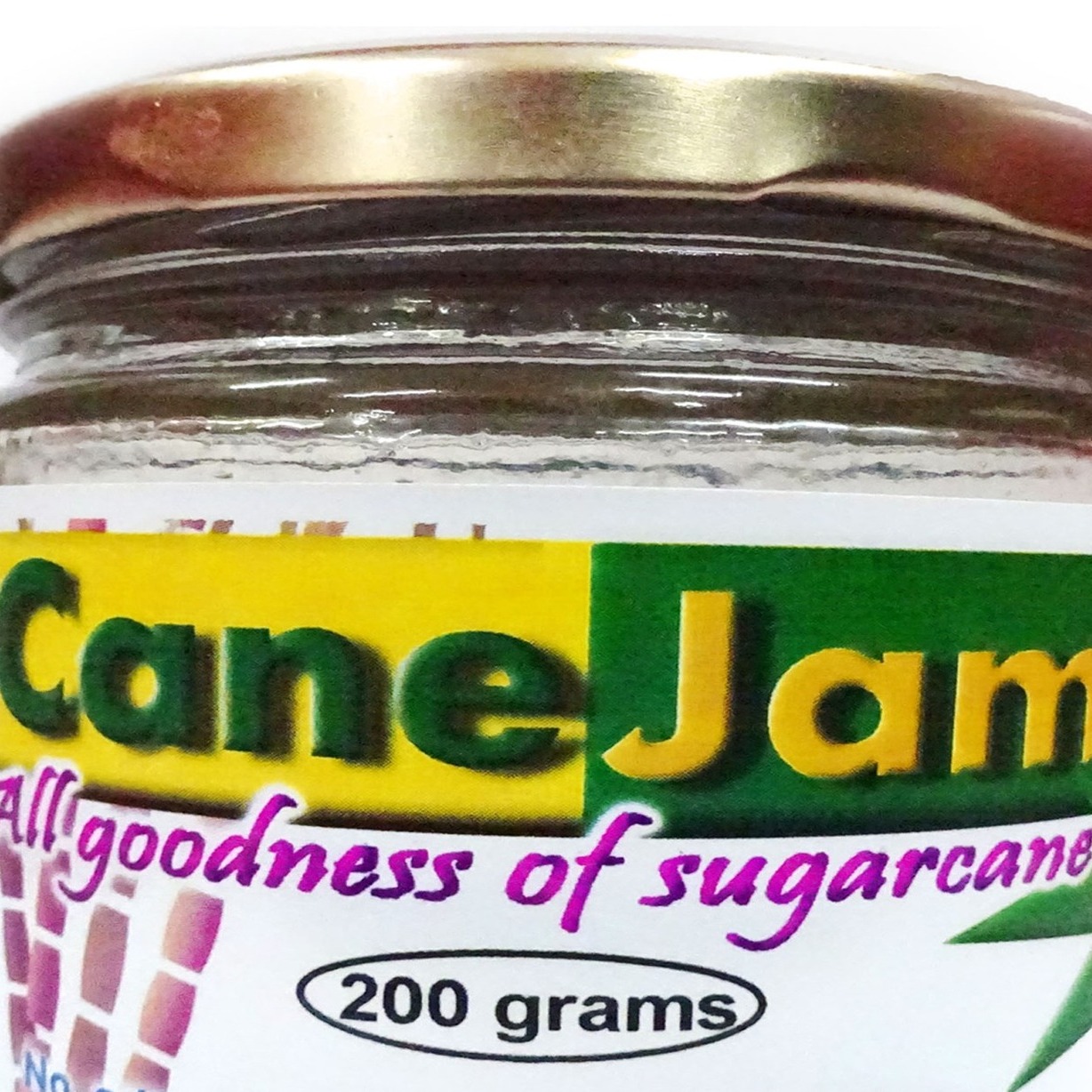History
History of SBI
The Sugarcane Breeding Institute (SBI),has a rich history dating back to its establishment in 1912 by the British government.
Two key individuals played a crucial role in its early establishment and direction:
Dr. C.A. Barber: He was the first Head of the Sugarcane Breeding Station in Coimbatore. His expertise and vision were instrumental in setting up the institute and initiating the pioneering breeding work.
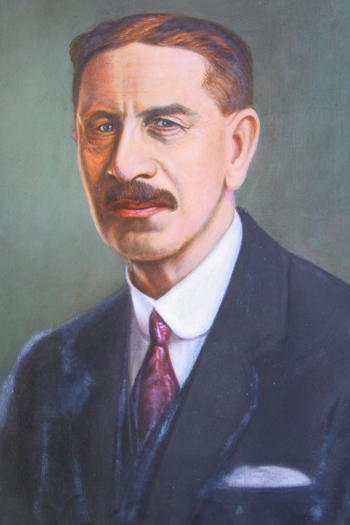
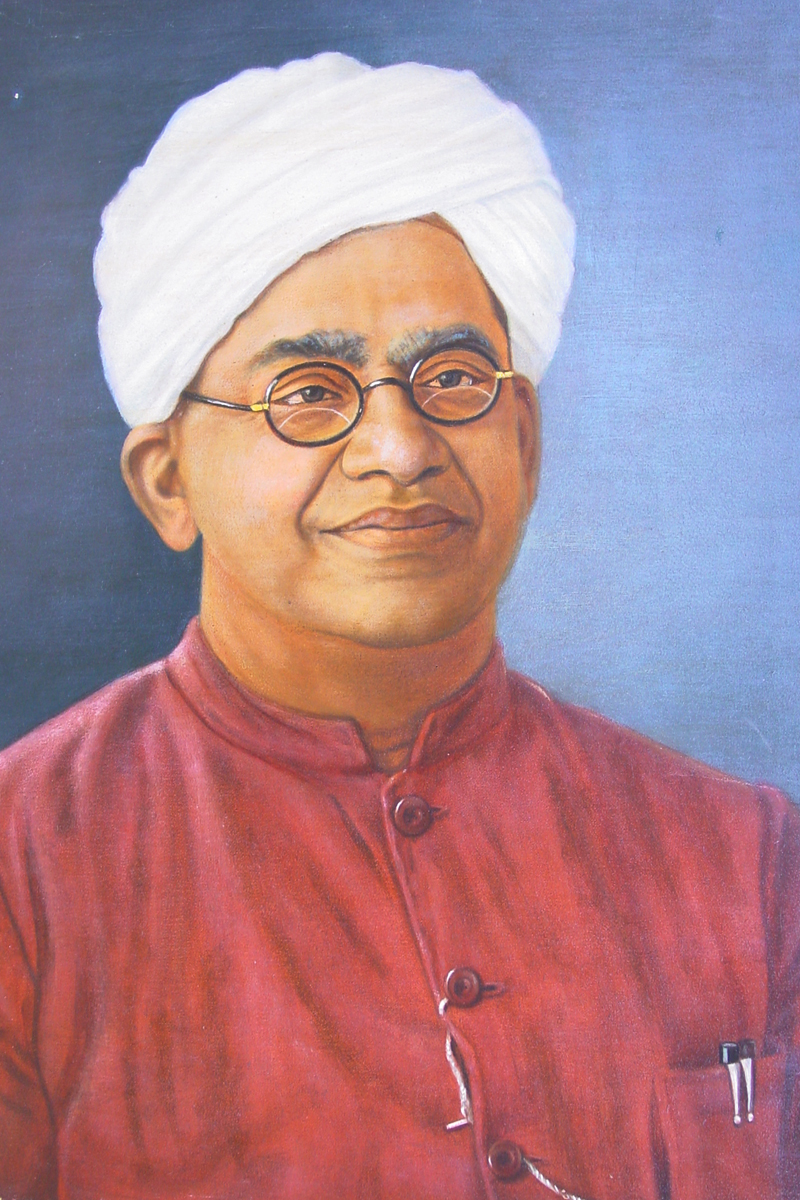
Sir T.S. Venkatraman: He served as Dr. Barber’s assistant and later became a distinguished sugarcane breeder in his own right. His contributions were vital in the early successes of the institute, including the development of the groundbreaking Co 205 variety.
Early Years (1912 - 1947):
Establishment: The institute was initially set up as a sugarcane research station under the Department of Agriculture,Madras Presidency, with funding from the British government. The location in Coimbatore was chosen due to the favorable conditions for sugarcane flowering and seed setting, essential for breeding.
Pioneering Breeding Work: The primary focus was on breeding improved sugarcane varieties suitable for Indian conditions.
First Success: In 1918, the institute released its first commercially successful inter-specific hybrid variety, Co 205. This variety, a cross between cultivated sugarcane (Saccharum officinarum) and a wild species (S. spontaneum), showed a remarkable 50% improvement in cane yield and revolutionized sugarcane agriculture in India and many other sugarcane-growing countries.
Expansion: In 1932, a new research center was established in Karnal with funding from the Imperial Council of Agricultural Research.
Post-Independence Era (1947 – Present):
- Integration with ICAR: In 1969, the institute came under the administrative control of the Indian Council of Agricultural Research (ICAR), becoming ICAR-SBI.
- Further Expansion and Research:
- A new research center was established in Kannur in 1962 to house the world collection of sugarcane germplasm.
- Another research center became operational in Agali, Palakkad, in 1999.
- The institute broadened its research to include crop production and protection aspects, basic and strategic research, and the use of modern molecular techniques.
- Varietal Development: ICAR-SBI has developed and released over 2900 ‘Co’ series sugarcane varieties, many of which have become highly popular across India and even in other countries. These varieties have significantly contributed to increasing sugarcane productivity in the country. Notable varieties include Co 419, Co 740, Co 86032, and many others, catering to both tropical and subtropical regions.
- Germplasm Conservation: The institute maintains the world’s largest collection of sugarcane germplasm, a valuable resource for future breeding programs.
- Technological Advancements: ICAR-SBI has been at the forefront of adopting advanced technologies, including tissue culture, molecular breeding, molecular diagnostics, genomics, proteomics, and remote sensing, to address challenges in sugarcane cultivation. It was also the first to develop sugarcane transgenics in India.
- Centenary Celebrations: The institute celebrated its centenary in 2012, acknowledging its significant contributions to sugarcane research and the sugar industry over the past century.
- Awards and Recognition: ICAR-SBI and its scientists have received numerous awards and recognitions for their research and contributions to agriculture, including National Water Awards and Water Sustainability Awards for innovations in water management.
- Collaboration and Outreach: The institute actively collaborates with state sugarcane research stations through the All India Coordinated Research Project (AICRP) on Sugarcane. It also engages in technology transfer, consultancy, and human resource development in sugarcane agriculture.
Post-Independence Era (1947 - Present):
Integration with ICAR: In 1969, the institute came under the administrative control of the Indian Council of Agricultural Research (ICAR), becoming ICAR-SBI.
Further Expansion and Research:
- A new research center was established in Kannur in 1962 to house the world collection of sugarcane germplasm.
- Another research center became operational in Agali, Palakkad, in 1999.
- The institute broadened its research to include crop production and protection aspects, basic and strategic research, and the use of modern molecular techniques.
Varietal Development: ICAR-SBI has developed and released over 2900 ‘Co’ series sugarcane varieties, many of which have become highly popular across India and even in other countries. These varieties have significantly contributed to increasing sugarcane productivity in the country. Notable varieties include Co 419, Co 740, Co 86032, and many others, catering to both tropical and subtropical regions.
Germplasm Conservation: The institute maintains the world’s largest collection of sugarcane germplasm, a valuable resource for future breeding programs.
Technological Advancements: ICAR-SBI has been at the forefront of adopting advanced technologies, including tissue culture, molecular breeding, molecular diagnostics, genomics, proteomics, and remote sensing, to address challenges in sugarcane cultivation. It was also the first to develop sugarcane transgenics in India.

